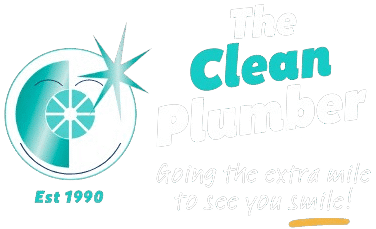Genuine Leak Detection Services in Sydney
The team at The Clean Plumber are specialised in leak detection and are able to detect leaks of all types in your home fast and effectively.
$0 Callout
Express Booking Guaranteed 24 Hours
$50 off Online Bookings
Get a quick quote
Discounted Plumbing Services You Can Trust
Got a hidden leak? The Clean Plumber’s advanced leak detection services help prevent costly damage. Visit our specials page to find out how we can assist you.
Why Choose The Clean Plumber for Leak Detection Services in Sydney?
If you need reliable leak detection services Sydney, The Clean Plumber is the team to call. We provide expert leak detection services for residential and commercial properties, utilising advanced technology and non-invasive methods to find concealed leaks without causing damage to your property.
Here’s why Sydney home and business owners trust us:
Common Signs You Might Have a Leak
Some plumbing leaks stay out of sight until they’ve already caused damage. Knowing what to look for can save you from expensive repairs.
Here’s what to watch for
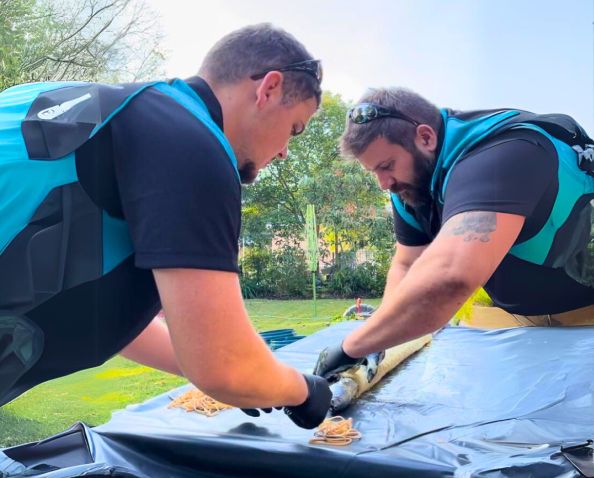
Why You Need Leak Detection and Fix Services from The Clean Plumber in Sydney
Hidden leaks might go unnoticed for a long time, but they can have serious consequences. If ignored, leaks can lead to:
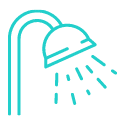
Higher Water Bills
Small leaks waste a lot of water over time.
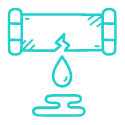
Structural Damage
Water ingress can weaken walls, floors, and foundations, causing expensive repairs.
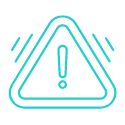
Mould and Mildew Growth
Moisture can affect your health and the quality of your home.
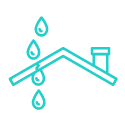
Water Wastage
Leaks affect the environment and can lead to costly repairs.
The Clean Plumber’s comprehensive leak detection services help you find leaks early and fix them before they become serious problems. Our trained technicians provide dependable solutions for hidden leaks, roof leaks, toilet leaks and hot water problems, making sure your property is safe and your plumbing system is working smoothly

The Clean Plumber’s Expert Leak Detection Process
Our leak detection experts use a simple, effective method to quickly discover and repair leaks:
The Clean Plumber provides non-invasive leak detection services, high-quality workmanship, and experienced technicians who care about your home or business.
Leak Detection
Plumbing leaks can be a nuisance and if gone undetected, can cause thousands of dollars of damage to your most valuable asset, your home!
Our trained technicians will use our advanced leak detection equipment to find the location of your leak and provide you with a quote on rectifying the issue.
When using a leak detection plumber, it’s important to ensure that they carry the right tools to locate your home plumbing leaks and you can be assured that The Clean Plumber is always well equipped to save you time and money.
You must never ignore leaks—learn more about that in this blog and please get in touch with us today so we can fix your leaks as soon as possible.
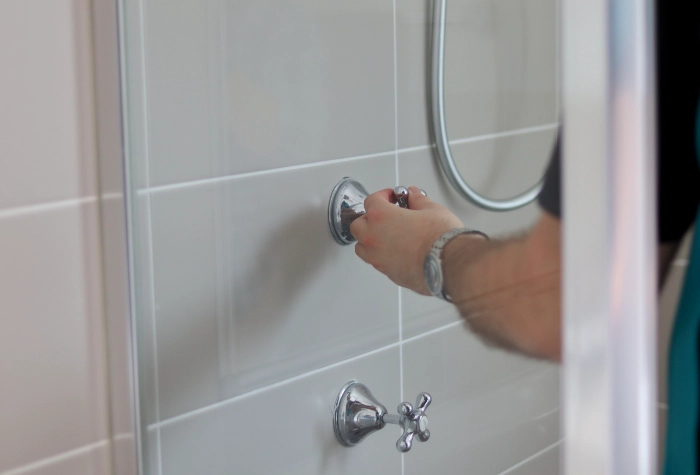
Our leak detection services include
We offer comprehensive leak detection services across Sydney, tackling everything from hidden and visible plumbing issues to sudden pipe bursts. Each job is carried out by experienced technicians trained to Australian standards, using advanced techniques to deliver fast, reliable results without messing up your property.

Bathroom leaks
Leaking bathrooms can happen for all sorts of reasons — cracked tiles, failed waterproofing, or worn-out seals behind fixtures. Our leak detection specialists use acoustic leak detection and moisture meters to identify the source accurately without breaking tiles or damaging walls.

Roof leaks
Blocked gutters, cracked flashing or strong winds can lead to hidden leaks on your roof that go unnoticed until damage sets in. Using thermal imaging cameras and moisture detection tools, we locate the exact problem and deliver effective repairs that prevent future leaks and protect your property from structural damage.

Balcony leaks
Balconies are often exposed to the elements, making them prone to water ingress and structural damage if left unchecked. Using flood testing, acoustic leak detection, and substrate inspection, we identify faults in membranes, drainage, or tiling systems before they cause structural damage or costly repairs.
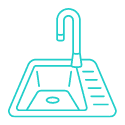
Tap leaks
A dripping tap might not look serious, but it can waste thousands of litres and lead to unusually high water bills. We check tap fittings, connections, and surrounding areas for hidden pipe leaks behind vanities or walls, then apply quick, non-invasive leak detection and repair.

Shower leaks
Leaks in showers often come from grout lines, failed waterproofing or hidden issues in waste pipes. Our team uses advanced water leak detection methods to inspect the shower system in full — accurately identifying any hidden leaks and repairing only what’s needed.

Burst pipes
Burst pipes require immediate attention to avoid serious plumbing issues and long-term damage. We locate the break using tracer gas detection and acoustic listening devices, then carry out rapid leak detection and repair to limit water damage and keep your property safe.
Advanced Technology in Leak Detection
At The Clean Plumber, we use the latest non-invasive technology to perform water leak detection without causing unnecessary damage. Whether it’s a burst pipe under a concrete slab or a slow leak behind a tiled wall, we have the right tools to get to the source.
Thermal Imaging Cameras
These cameras detect heat variations to help us spot hidden water leaks behind walls, ceilings, or floors without needing to cut or drill.
Acoustic Listening Devices
Our technicians use acoustic leak detection to amplify the sound of escaping water from pressurised pipes — ideal for detecting underground or slab leaks.
Moisture Meters
Used to assess water presence in materials, they help map out the magnitude and extent of leaks and guide our repair strategy.
Tracer Gas
This method involves releasing a non-toxic, odourless gas into your plumbing system. If there’s a hidden leak, the gas escapes and is detected above the ground.
CCTV Pipe Inspections
Our team feeds a waterproof camera into your drainage lines to locate cracks, blockages, or loose fittings — all without digging.
Using these tools, we work quickly, avoid unnecessary damage, and deliver accurate results on the first visit. It means fewer surprises, faster repairs, and minimum disruption to your day.
Whether it’s a home in the suburbs or a large commercial site, you’ll get a leak detection service in Sydney that’s built on experience, backed by the right gear, and handled by a licensed team that does it properly.
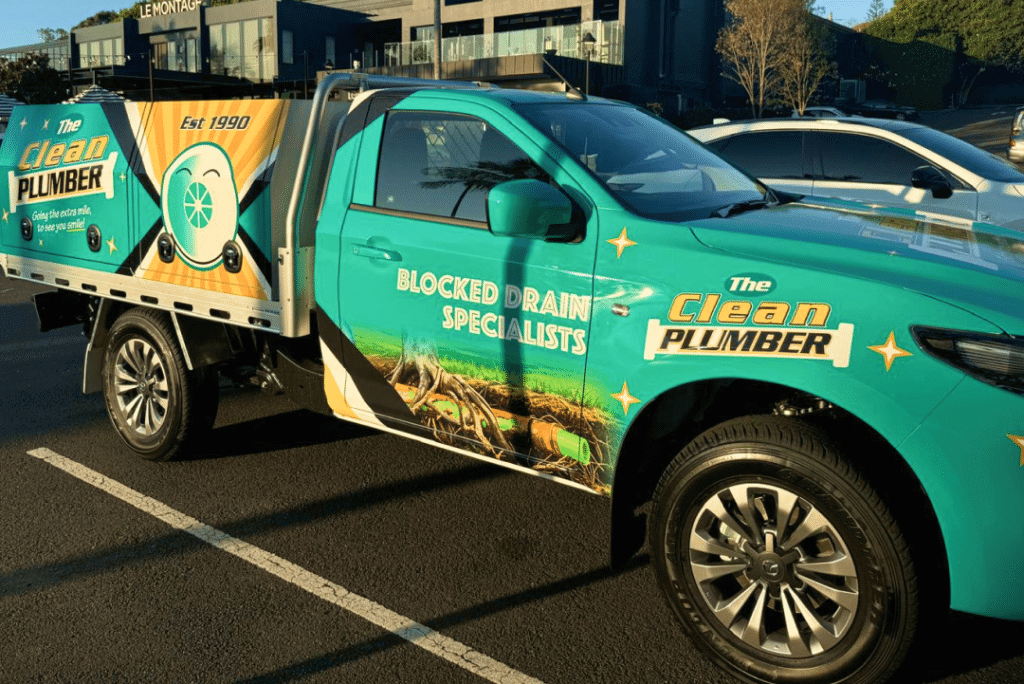
Our Final Quality Assurance Step
Once the leak has been repaired, we don’t just pack up and leave. Every job ends with a full quality assurance check to make sure your plumbing system is working exactly as it should.
Our team performs pressure testing to verify that water flow remains steady across all repaired sections. We double-check fittings, joins and valves to confirm nothing has shifted or loosened during the job.
Moisture meters are used to assess the surrounding area and ensure no water has spread into nearby surfaces. For repairs involving pipework, we also run a follow-up CCTV inspection to confirm that internal conditions are clear and free from structural damage.
This final step ensures the leak is gone for good — and the repair will hold up long after we’ve left. It’s part of our promise to deliver reliable results backed by experience, quality workmanship, and the right tools for the job.
When you call The Clean Plumber, you get more than just a quick fix. You get a complete, end-to-end solution checked and tested by professionals who take pride in doing it right.
Over 41,000 Jobs Completed
★★★★★
Rated 5 Stars on Google!
What do our customers have to say about The Clean Plumber?
Our 5-Star Google Reviews Speak For Themselves!
We also offer a LIFETIME warranty on all labour!
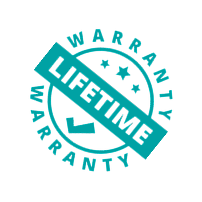
Book Leak Detection in Sydney Today
If you’ve noticed any of these warning signs, contact The Clean Plumber for a comprehensive leak detection service. Our highly skilled team uses advanced techniques to accurately identify and repair all types of hidden leaks, from gas leaks to burst pipes.
We provide professional services to homes and commercial properties across Sydney, backed by fixed pricing, quality materials, a lifetime labour warranty, and experienced technicians who know how to get the job done right.
Give us a call or schedule an appointment online today.
Related Blogs
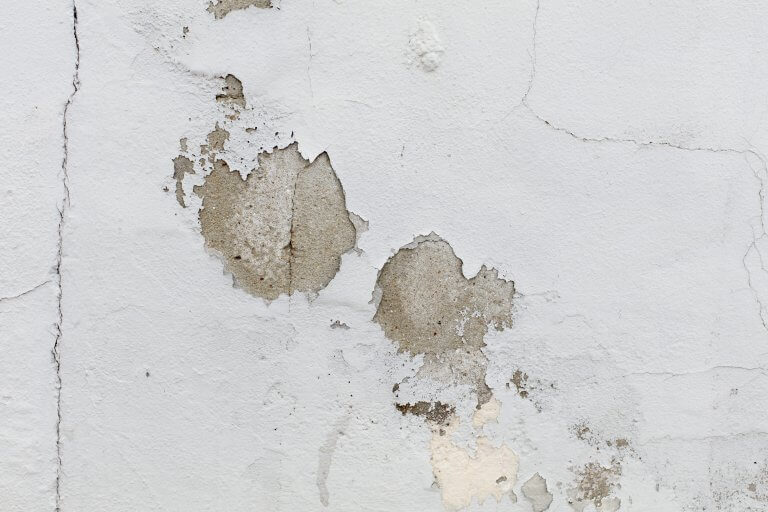
Water Leak in Wall: How to Detect and Deal with It
Water leaks within walls are one of the most frustrating and potentially costly plumbing issues that Australian homeowners and business owners can face. Unlike a dripping tap or a leaking…
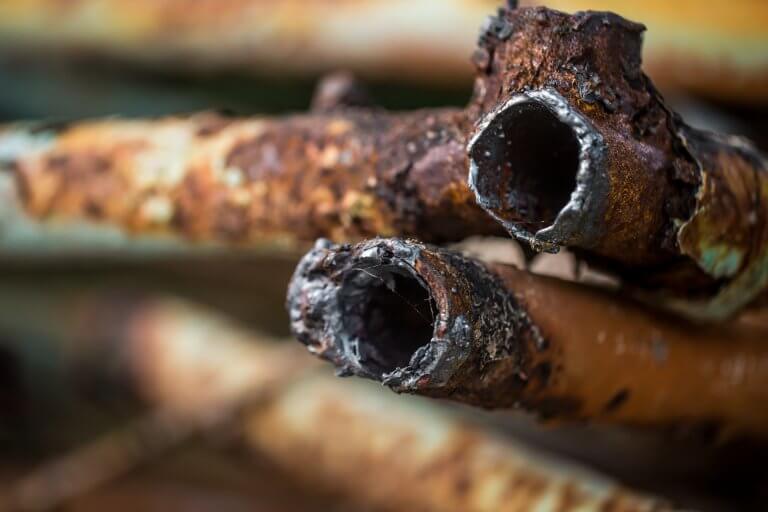
How to Find a Water Leak Underground: A Practical Guide
Water leaks underground can be challenging to detect, often leading to significant damage and costly repairs if not identified early. Whether caused by environmental factors, plumbing issues, or natural events,…

